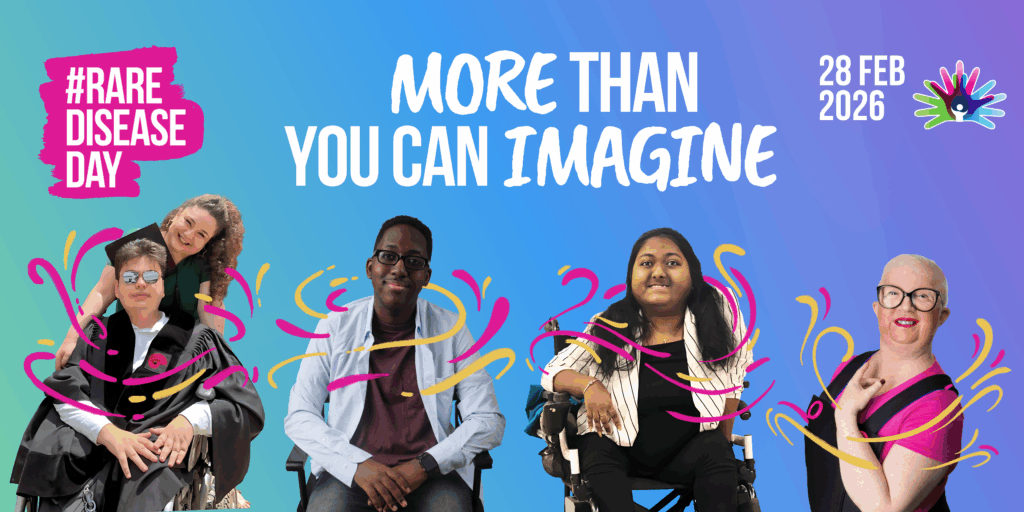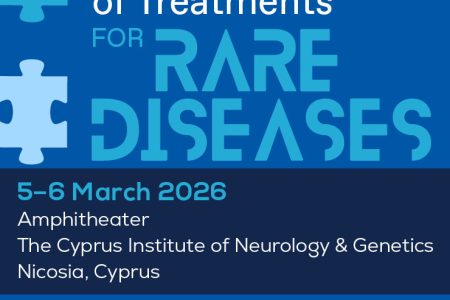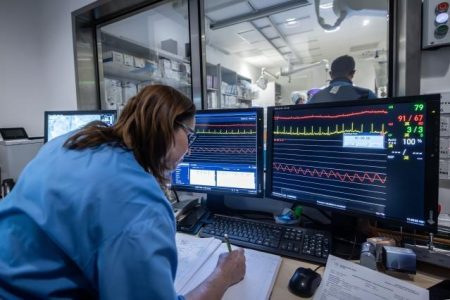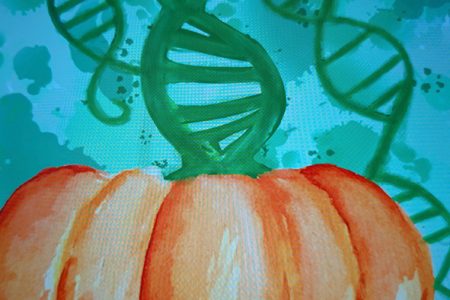The campaign for the upcoming Rare Disease Day 2026 has launched, coordinated by EURORDIS–Rare Diseases Europe and delivered through 72 national alliances worldwide. This year’s message places equity and representation at the centre, giving those living with a rare disease and their communities greater visibility and wider influence in any decision that ultimately affects their lives.
“Recognition is only the first step,” said Rhiannon Walls, Rare Disease Day Global Lead. “Alongside awareness we need concrete actions—clearer pathways, inclusive research design, and services that are accessible to people. Organisations, institutions and alliances uniting for Rare Disease Day aim to turn visibility into more tangible commitments that last beyond 28 February and genuinely address the needs of our rare disease community at a local level.”
Why equity matters
As defined by the campaign, equity recognises different starting points and provides tailored support to achieve fair outcomes. For the rare disease community, this means removing barriers to education and employment, securing timely access to expert care, and ensuring meaningful involvement in clinical research.
As the Rare Youth Revolution Magazine explains, the goal is “equity, not equality”: giving people what they need to thrive, rather than giving everyone the same and expecting equal results.
What the campaign will deliver
National alliances are convening patients and families with European Reference Networks, clinicians, researchers, SMEs, industry supporters and policymakers. In the runup to 28 February, activities include awareness events, school and community outreach, clinical open days, research spotlights and briefings for decisionmakers.
Virginie Hivert, Acting Chief Executive Officer of EURORDIS-Rare Diseases Europe, underlined the shared responsibility: “Recognising the challenges patients are facing is one thing, implementing change is different. As such, patients should be engaged at every level—from local services to national plans and EU initiatives. At European level we also have work to do to balance access, so that geography, language or cost do not stand between people and the care they need. Equity must become reality.”
Partnering across Europe to put patient leadership into practice
ERDERA, the European Rare Diseases Research Alliance, is proud to support Rare Disease Day 2026 through its extensive network of scientists, researchers, clinicians, patient representatives, public decision makers and partner institutions across Europe.
Patient and public involvement and engagement is embedded in ERDERA’s governance and daily work. Patient advocates sit alongside researchers and clinicians across the Clinical Research Network, Data Services Hub, Expertise Services Hub, Acceleration Hub and Education & Training Hub to shape priorities, study protocols and outputs.
“Rare Disease Day’s call for equity aligns with how ERDERA operates,” said ERDERA Coordinator Daria Julkowska. “By connecting our hubs and integrating patients in every step of the way, we can help translate the campaign’s message into action—designing research that reflect real needs, sharing data responsibly for wider benefit, and building the capabilities that make participation possible in every country.”
Mak, a professional comedian and member of French Ectodermal Dysplasia Organisation, stressed the value of lived experience for people like her: “When patients are involved from the start, our realities and stories can permeate everything—outcomes, eligibility, consent materials, even how results are returned. To treat lived experience as essential evidence across the partnership has the potential to open doors for many more of us to take part.”
Benefits and next steps
The momentum around Rare Disease Day can accelerate earlier diagnosis by strengthening awareness and referral pathways, improve care through closer links between expert centres and community services, and make research more inclusive by removing participation barriers and valuing diverse perspectives in study design and data use.
As activities roll out, ERDERA partners will share practical resources—from training on involving patients in research to guidance on data sharing and trial readiness—so that expressions of solidarity become measurable improvements in people’s lives.
This year’s campaign is an invitation to show up, listen and act with patients and their communities. With equity and representation as guiding principles, the movement can ignite action across countries and disciplines, turning awareness into tangible progress.





